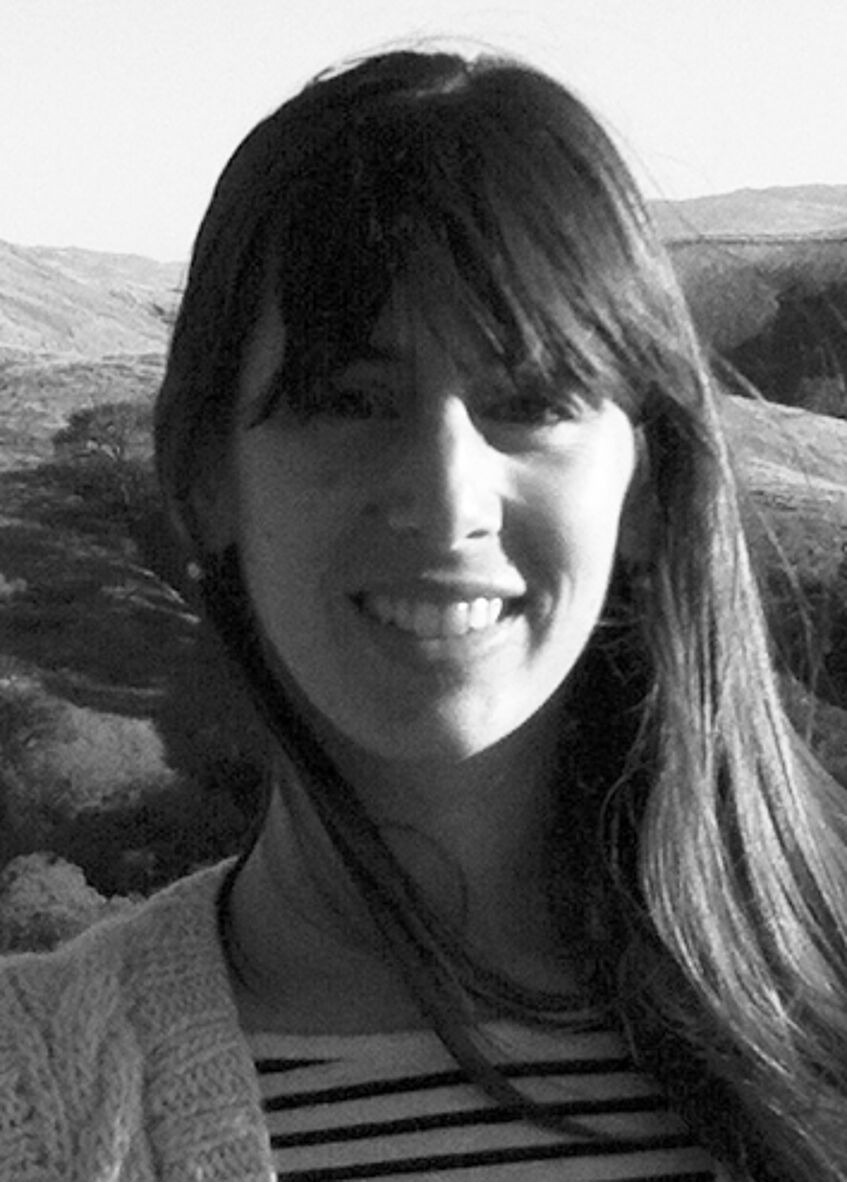Topologies of Dis/Connection: Aging Railroad Infrastructure and Rhythms of Mobility in Rural Buenos Aires
University of California, Santa Cruz, USA
Argentina has the largest railroad network in Latin America, encompassing over 30,000km of tracks. In a process sometimes referred to as “ferricide,” the killing of the national railroad system, by the mid-1990s most railroad branches and workshops in the interior had been closed down, workers laid off, and freight and passenger lines privatized. In the city and province of Buenos Aires, metropolitan and interurban trains continued to offer an affordable, if increasingly precarious, means of daily mobility. After a series of deadly train accidents, the railroad network was re-nationalized in 2013, and the national government launched a “railroad revolution,” predicated on the purchase of new rolling stock from China and the partial renovation of infrastructure. The selective renewal and ongoing decay of railroad infrastructure continues to produce shifting topologies of dis/connection, as places are brought into proximity or rendered remote by the fluctuating fluidity of mobility.
This paper will examine mobility along a forgotten branch of the infamous, accident-prone Sarmiento railroad line: the Merlo-Lobos branch, which connects a working-class district in suburban Buenos Aires to a touristic town in the rich agricultural plains of Buenos Aires, and is served sporadically by aging diesel trains. Here, remoteness results not from physical distance to urban centers, but rather from the temporal dislocations produced by unreliable transport. This paper argues for the relevance of ethnographic attention to the materiality of transport infrastructure, and suggests that the histories etched into material surfaces and structures shape the experience and very possibility of mobility.

Stephanie McCallum is a PhD Candidate in Anthropology at the University of California, Santa Cruz. Originally from Argentina, she studied sociocultural anthropology at the University of Buenos Aires before moving to California to pursue her doctoral degree. Her dissertation examines the social and material life of railroads in Buenos Aires in the aftermath of Argentina’s 2001 political and economic crisis. Her research, based on itinerant ethnographic work with commuters, train enthusiasts, and railroad workers, has been funded by the Wenner-Gren Foundation and the Social Science Research Council.
